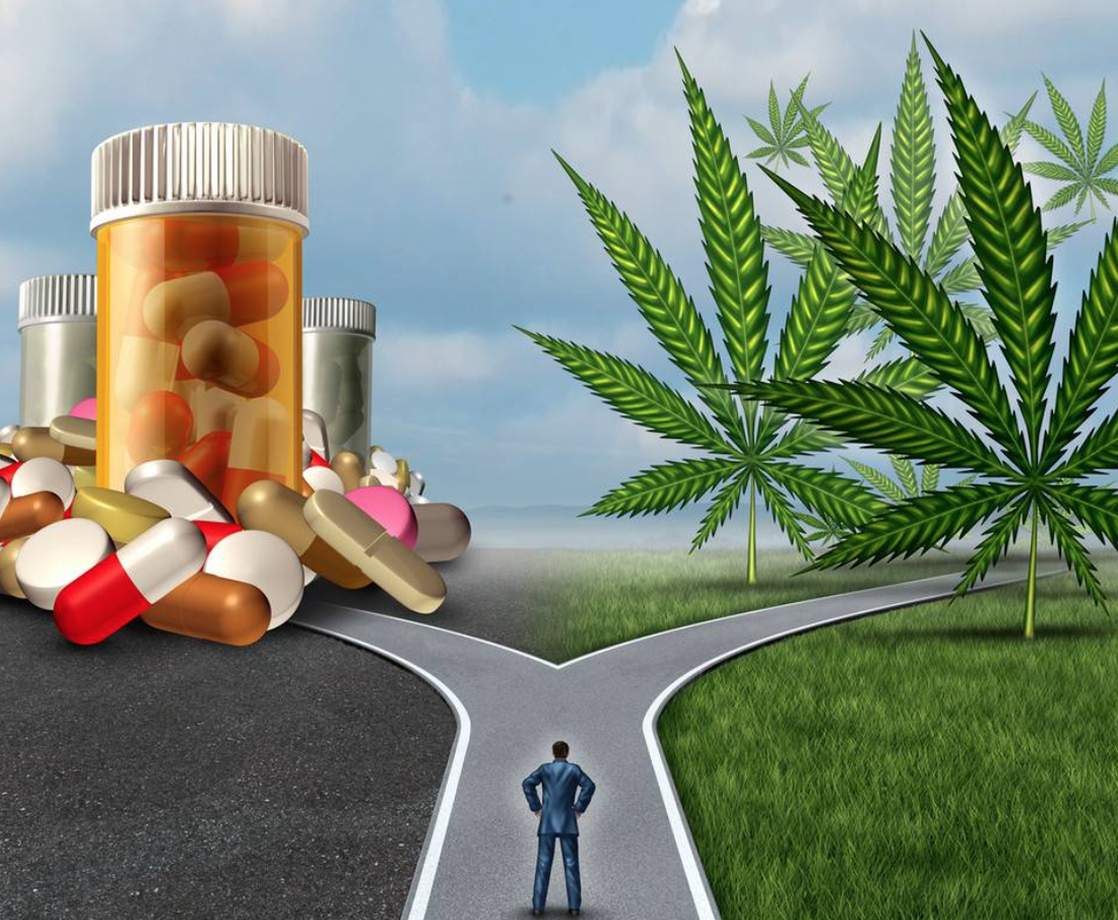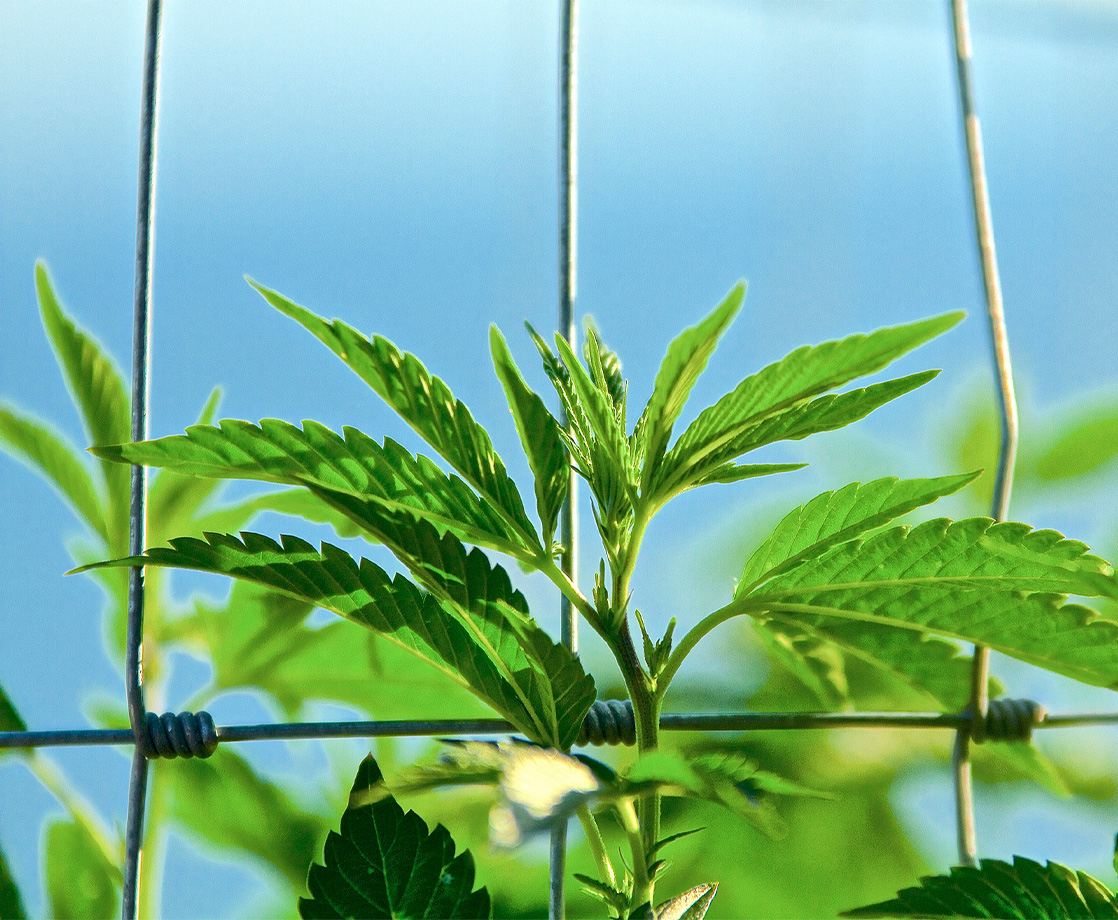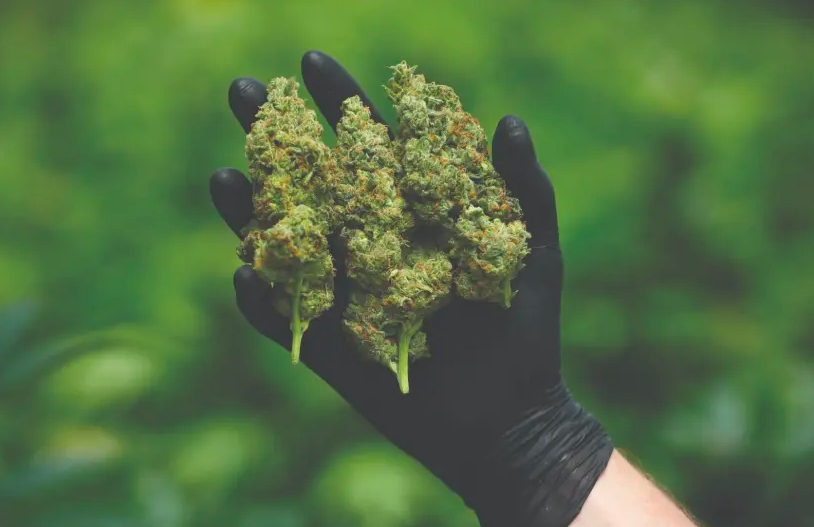New Mexico may soon allow patients suffering from the savage wrath of opioid addiction to qualify for participation in the state’s medical marijuana program, reports the Santa Fe New Mexican.
Last week, a state advisory panel voted 5-to-1 in favor of adding “opiate abuse disorder” to the state’s list of qualified conditions – an action that some health professionals believe could begin to curb the addiction rates throughout the Land of Enchantment.
It is now up to the New Mexico Department of Health, specifically the state’s Health Secretary, Lynn Gallagher, to determine whether opioid addiction should be recognized as a legitimate medical condition. If she approves, thousands of New Mexicans would then be eligible to use medical marijuana to treat addiction – putting the program on the fast track to expand by more than 100 percent within the next year.
One of the leading endorsements for this proposed medical marijuana expansion came board member Dr. Laura Brown – an addiction specialist at the Santa Fe Recovery Center. She told the panel that out of all of the patients she has witnessed struggling with opioid addiction, “those who are using cannabis are doing better than those who are not.”
However, some officials are concerned that expanding the medicinal cannabis program in this manner would only give addicts a substitute habit. Yet Brown says the socioeconomic impact would be better for the community.
“Just imagine if [addicts] had access to cannabis and were able to kick their habits, how our state would change for the better,” Brown wrote in a statement. “Crime would go down, health care costs would diminish, overdose deaths would fall, and it would help our economy to flourish. Without the familial crisis of opiate dependence, New Mexico’s children would also be safer, families would be more stable.”
In 2015, a study published in the journal Drug and Alcohol Dependence found that opioid addicted patients had an easier time undergoing treatment programs when they had the freedom to use cannabis.
“Participants who smoked marijuana had less difficulty with sleep and anxiety and were more likely to remain in treatment as compared to those who were not using marijuana, regardless of whether they were taking dronabinol or placebo,” the study authors wrote.
Furthermore, some of the latest data shows that opioid use is down in states that have legalized marijuana for medicinal purposes. A study published in Health Affairs finds “the use of prescription drugs for which marijuana could serve as a clinical alternative fell significantly, once a medical marijuana law was implemented.”











